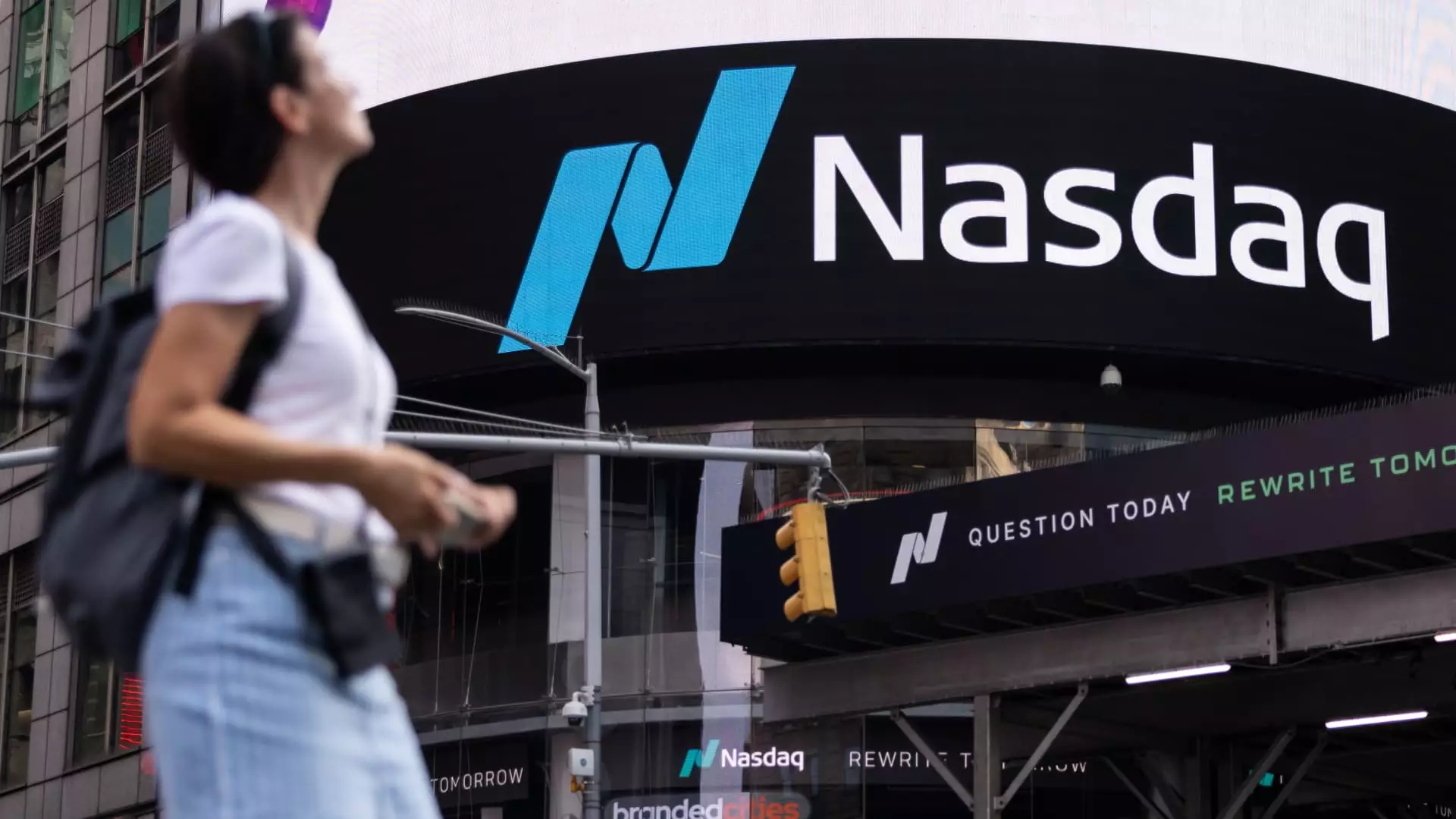In a financial climate that demands tax efficiency and flexibility, KKM Financial’s recent transformation of its Essential 40 mutual fund into an exchange-traded fund (ETF) reflects a significant shift among asset managers. This conversion not only illustrates the changing preferences of investors and advisors but also highlights the ongoing evolution of investment vehicles in response to market demands. The inclination towards ETFs has been bolstered by the perception of tax efficiency and investor control, making it imperative for asset managers to adapt their offerings accordingly.
One of the primary advantages of ETFs compared to traditional mutual funds is their tax efficiency. Investors in mutual funds often face unexpected tax bills due to capital gains distributions, which can arise from fund management decisions, including withdrawals or changes in the portfolio. Conversely, ETFs permit investors to dictate their taxable events, allowing them control over when to realize gains or losses. Jeff Kilburg, the founder and CEO of KKM Financial, emphasized this distinction, pointing out that financial advisors frequently express concerns regarding capital gains distributions associated with mutual funds. This sentiment echoes a broader understanding that ETFs can offer a more advantageous platform for taxable investment accounts, where individual tax implications matter significantly.
The conversion trend among mutual funds to ETFs has gained momentum, largely propelled by the 2019 SEC rule changes that simplified the implementation of active strategies within ETF frameworks. An interesting statistic from Strategas shows that the number of active equity mutual funds has plummeted to its lowest level in 24 years, suggesting a noteworthy migration of assets towards more versatile structures. The pressure from asset managers to permit ETFs as separate share classes within mutual funds indicates a potential future where blended investment approaches are commonplace. This evolving regulatory environment lays a fertile groundwork for innovation in financial products and structures, reflecting the changing needs of investors.
The Essential 40 ETF, now traded under the ticker ESN on Nasdaq, is designed with a unique philosophy that resonates with investors: “buy what you use.” This equal-weighted fund incorporates major companies integral to the U.S. economy, including industry giants like JPMorgan Chase, Amazon, Waste Management, and Eli Lilly. Kilburg argues that the absence of these companies could significantly impair economic growth, reinforcing the strategic relevance of the fund’s holdings. The old mutual fund version of Essential 40 garnered a three-star rating from Morningstar, with its relative performance holding up well, particularly during market downturns.
A notable characteristic of equal-weighted funds is their propensity to outshine market-capitalization-weighted indexes during downturns, as evidenced by the Essential 40’s performance. In 2022, the mutual fund version saw a decline of less than 11%, outperforming the average retreat of 17% within its category. This outperformance underscores the advantages of equal weighting, particularly in periods of market instability. Moreover, the KKM fund has experienced impressive asset inflows, with approximately $70 million in assets and a year-to-date performance increase of about 16% prior to the conversion into ETF status.
Looking ahead, KKM Financial’s transition to ETFs encapsulates a broader trend that is likely to shape the investment landscape. With a net expense ratio of 0.70%, consistent with that of the previous mutual fund, KKM has effectively positioned itself within a competitive market environment. Additionally, interest in equal-weighted strategies has surged, as illustrated by the Invesco S&P 500 Equal Weight ETF attracting over $14 billion in new investor funds this year alone. As regulatory conditions continue to evolve and investor preferences shift, the strategic maneuvering of firms such as KKM Financial will likely dictate the future trajectory of asset management.
KKM Financial’s conversion of its Essential 40 fund into an ETF is emblematic of a broader movement towards tax efficiency and investor empowerment. As asset managers navigate this changing landscape, the choices they make will impact investment strategies and market dynamics for years to come. The incorporation of ETFs into investment portfolios represents not just a trend, but a fundamental transformation in how investments are approached and managed in the 21st century.

